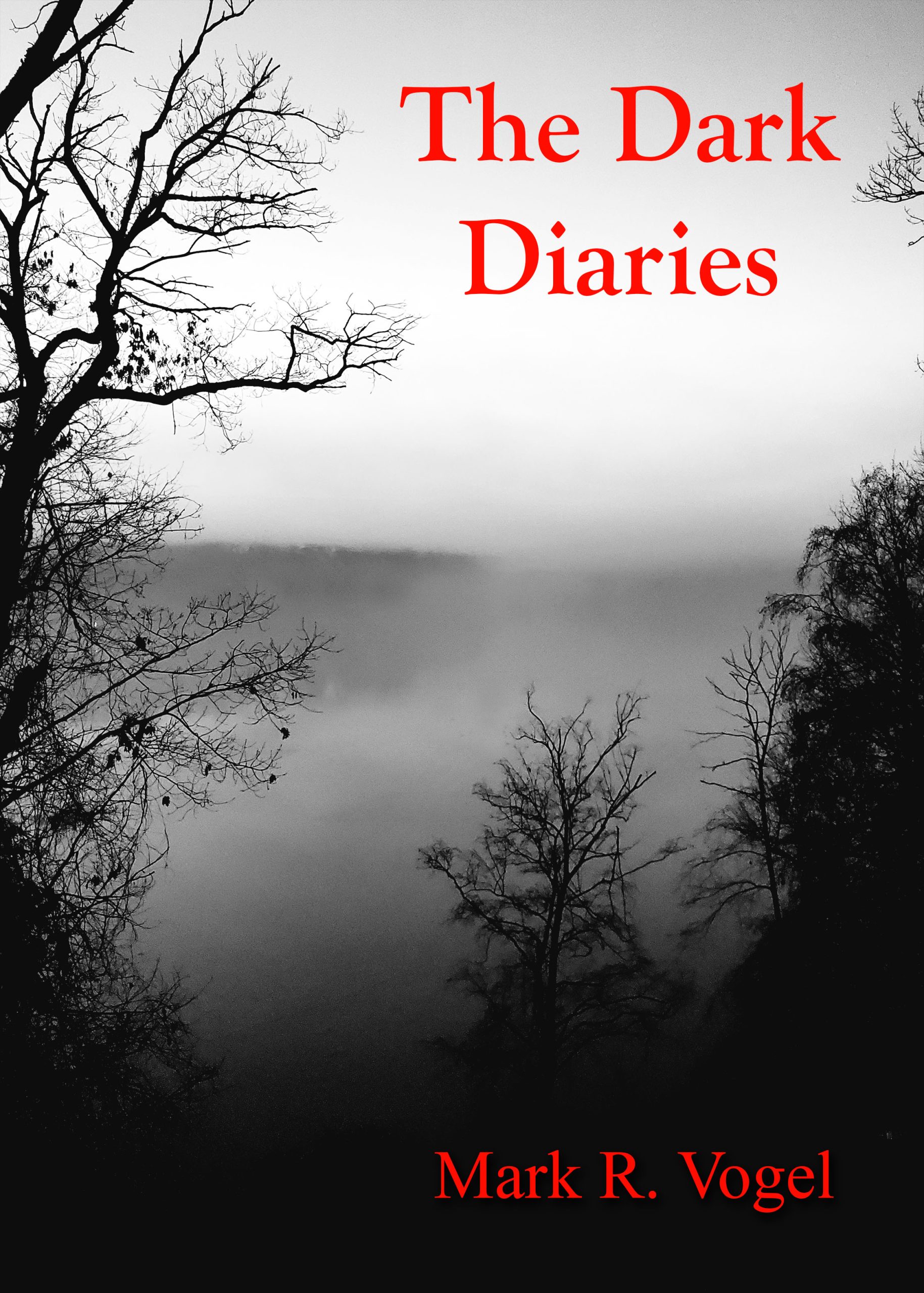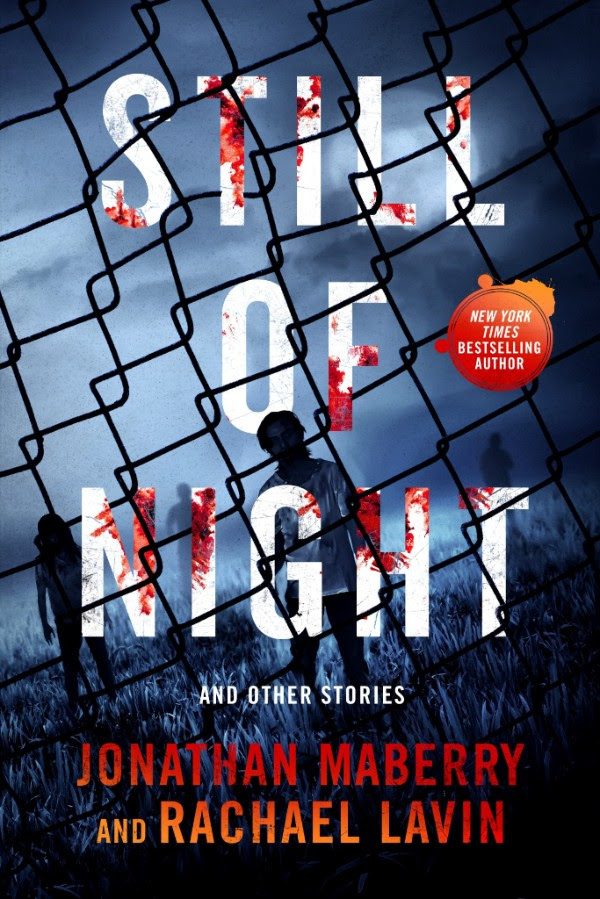As a working writer, I knew I was in a very different place than most prospective MFA students. Some students enroll in creative writing programs in order to have the freedom to discover who they are as writers; I already had a well-established writing identity. Many students pursue creative writing MFAs as a way to gain the skills necessary for publication; I was already published.
As a consequence, many people questioned why I wanted to go back to school. Didn’t I already have a master’s degree? Wasn’t I already doing the thing that MFAs are supposed to enable a writer to do?
The answer I gave was that I wanted the credentials necessary to teach at the college level. I explained that I could sell a dozen novels but few college English programs would ever consider hiring me to teach without an MFA or PhD (or a high-level literary award). Most people were surprised by this news, but would then nod, satisfied that I’d de-mystified my motivations. Corporate America has primed us all to understand professional development!
Other working writers were not shy about regaling me with their own MFA horror stories, so naturally I had lingering concerns about enrolling in a program. Would the other students accept me as a fellow student, or would I be an outsider? Would the other students resent my presence because I was already published? Would I face tedious lit snobbery from students and faculty who look down on speculative fiction? Would members of the faculty who don’t publish frequently view me as some kind of threat? Would I be assigned to advisors who didn’t understand what I was trying to accomplish with my work and who would give me less-than-optimal advice as a result?
Furthermore, several people said, “No! Don’t put yourself into that kind of debt!”
Tuition costs are a crushing burden for many students. I know people who owe so much they have no expectation of ever being able to pay it all off, and their degrees have not helped them get the jobs necessary to make a dent in their debt.
But here, at least, I had a solid plan: I was employed full-time at a college that participates in the CIC.edu tuition exchange program. And several schools that offer MFAs participate in that program.
So I knew that if I focused on the best-ranked of those schools – in this case it was Goddard College in Plainfield, Vermont – and was accepted, it was likely I’d receive a full scholarship to cover the bulk of my costs. I’d still have to pay for my travel, books, and residency room and board, but those costs were maybe 10% of the total cost of an MFA program. The trick, of course, would be to make sure I could graduate in the limited semesters the scholarship would cover.
Even though I had a plan to avoid debt, I had plenty of logistical concerns. The MFA workload looked daunting. I had to maintain my full-time job to keep my funding, and I had reached a point in my writing career where I was regularly getting invitations to write for fiction projects. I didn’t want to start turning down invitations, because no matter how politely you decline an editor’s request, there’s the chance that a future invitation won’t be forthcoming from that editor ever again. Could I manage graduate school in addition to full-time work and everything else I needed to keep doing?
(Continue on to Part 3)
- The Braided Novel - November 20, 2016
- Upside Down: Inverted Tropes in Storytelling - November 18, 2016
- You, Human - November 18, 2016
- A Horror Writer Pursues an MFA – Part 5 - November 2, 2016
- A Horror Writer Pursues an MFA – Part 4 - November 2, 2016
- A Horror Writer Pursues an MFA – Part 3 - November 2, 2016
- A Horror Writer Pursues an MFA – Part 2 - November 2, 2016
- A Horror Writer Pursues an MFA – Part 1 - November 2, 2016
- Jolly Fish Press is shutting down - October 23, 2016
- The Pox Party - October 16, 2016









Trackbacks/Pingbacks